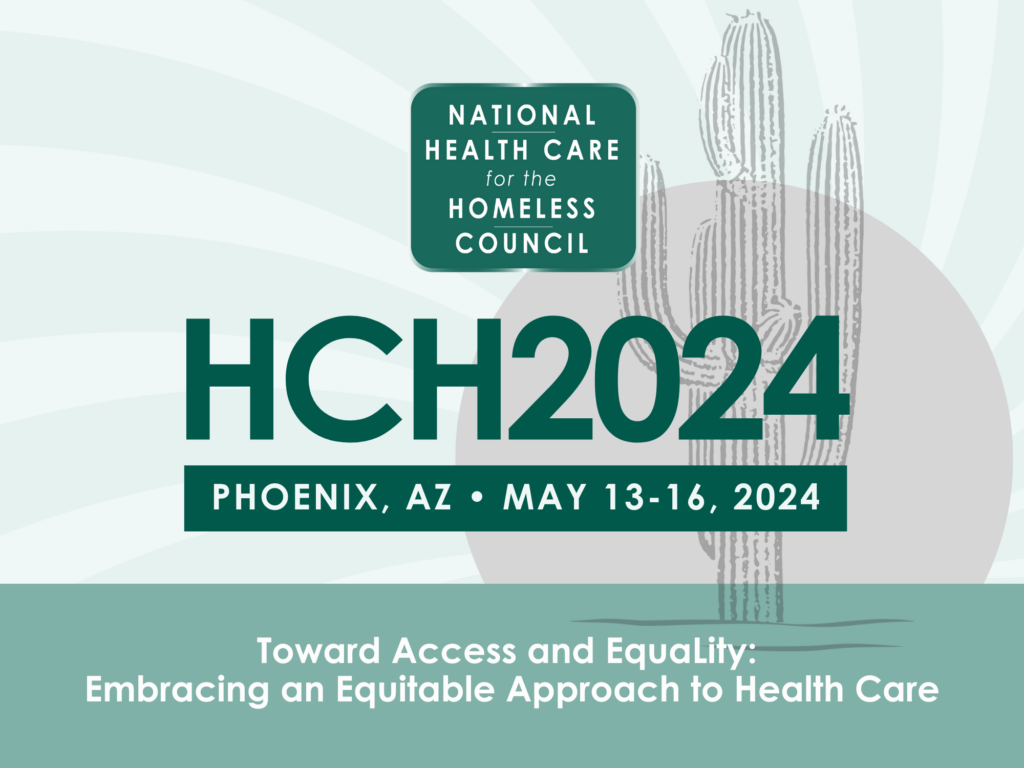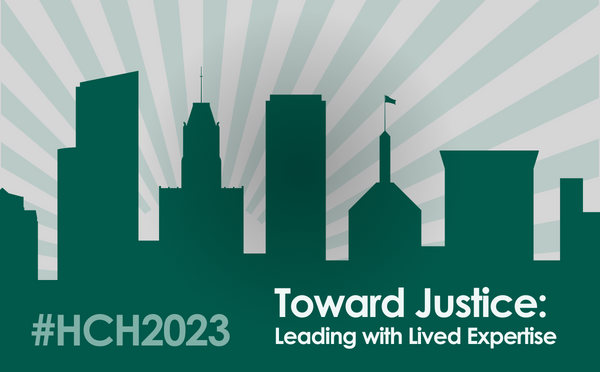Viewing of “Behavioral Health, Stigma, and Resilience: Firsthand Perspectives”
Explore the complex intersection of stigma and behavioral health through this insightful video screening from the National Health Care for the Homeless Council’s online course: Behavioral Health, Stigma, and Resilience: Firsthand Perspectives. Gain valuable insights into the experiences of individuals with behavioral health conditions who have faced homelessness as they share their personal narratives. This […]
Viewing of “Behavioral Health, Stigma, and Resilience: Firsthand Perspectives” Read More >>




